Ever feel like some of your struggles just don’t make sense? Like there’s a disconnect between who you are now and the experiences you had growing up? Well, you’re not alone. Our childhoods shape us in countless ways, and sometimes those effects linger into adulthood. We’re not talking about the obvious traumas here, but the subtle, everyday things that might have left a mark.
1. You struggle with setting boundaries.

If you constantly say “yes” when you mean “no,” or find it hard to express your needs and wants, it could be rooted in your childhood. Maybe your parents were overly demanding or didn’t respect your personal space. As a kid, you might have learned to prioritize others’ needs over your own to avoid conflict or disapproval. This pattern can carry over into adulthood, making it difficult to assert yourself and set healthy boundaries in your relationships, Psychology Today explains.
2. You have a hard time trusting people.

Trust issues can stem from various childhood experiences, such as neglect, betrayal, or inconsistent parenting. If you felt like you couldn’t rely on your caregivers or if your emotional needs weren’t met consistently, you might have developed a deep-seated distrust of others. This can make it difficult to form close relationships and feel secure in your connections with others.
3. You’re a chronic people-pleaser.
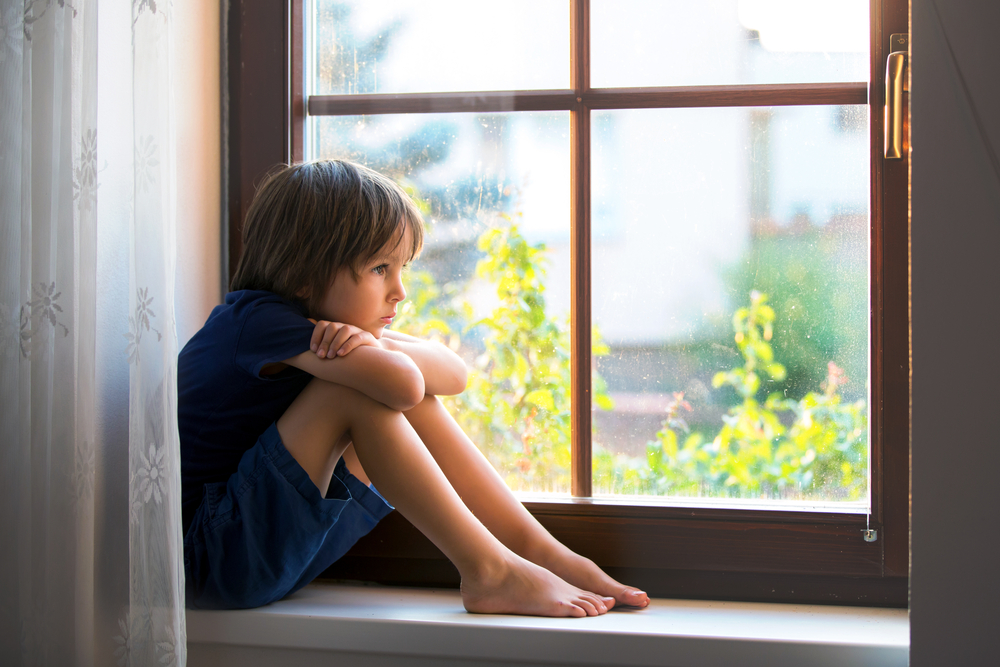
Did you grow up feeling like you had to earn love and approval? Maybe your parents were critical, demanding, or emotionally distant. If so, you might have developed a people-pleasing tendency as a way to seek validation and avoid rejection. You might constantly prioritize others’ needs, suppress your own desires, and go to great lengths to avoid conflict. This can lead to exhaustion, resentment, and a loss of your own identity.
4. You have a fear of abandonment.
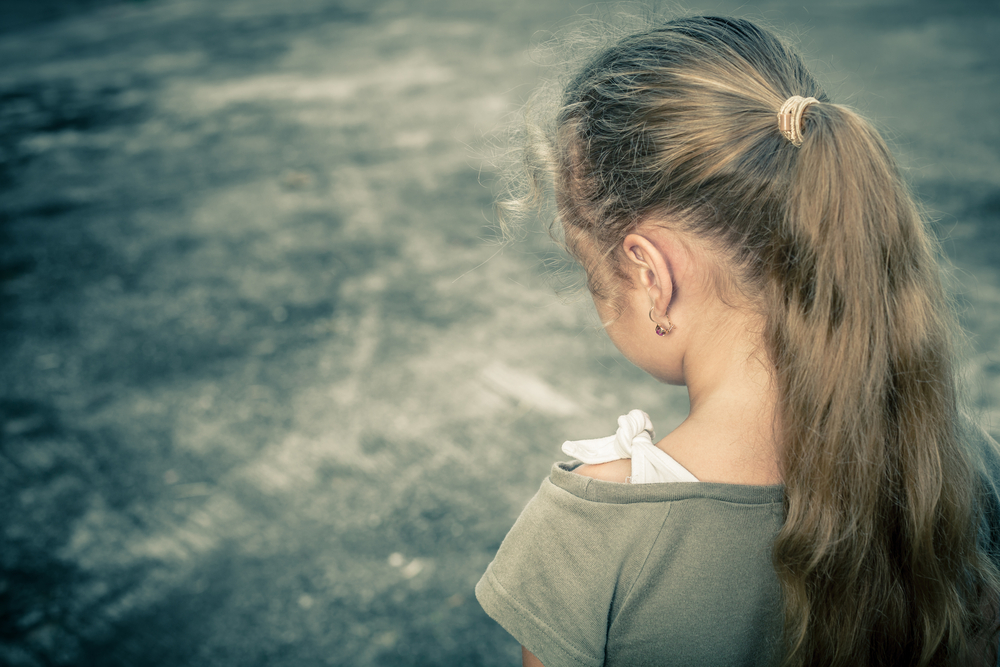
Experiences like parental divorce, frequent moves, or the loss of a loved one can create a deep-seated fear of abandonment. This fear can manifest in clinginess, insecurity, and a constant need for reassurance in your relationships. You might worry that others will leave you or that you’re not good enough to be loved. This fear can sabotage your relationships and prevent you from feeling truly secure and connected.
5. You struggle with low self-esteem.

Childhood experiences, such as criticism, neglect, or bullying, can leave lasting scars on your self-esteem. If you were constantly told you weren’t good enough, smart enough, or pretty enough, you might have internalized those messages and started to believe them. This can lead to a negative self-image, self-doubt, and a lack of confidence in your abilities. Building self-esteem takes time and effort, but it’s a crucial step towards healing and happiness.
6. You have a tendency to self-sabotage.

Self-sabotage can be a complex issue with many potential causes, but childhood experiences can play a significant role. If you grew up feeling unworthy of love or success, you might subconsciously undermine your own efforts to achieve your goals. This could manifest in procrastination, self-destructive behaviors, or an inability to accept compliments or recognition. Recognizing this pattern is the first step towards breaking free from it.
7. You have difficulty expressing your emotions.
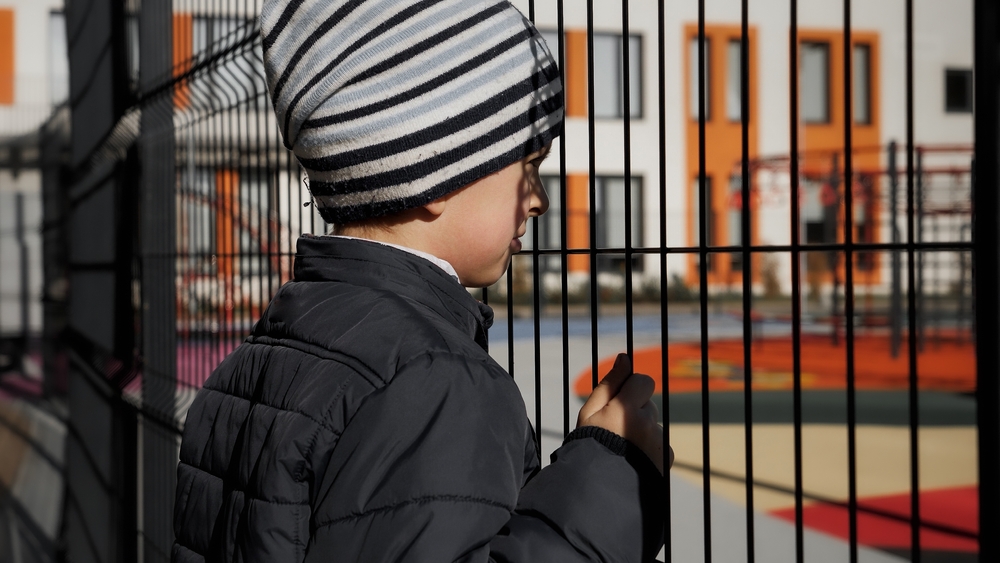
If you grew up in a household where emotions were suppressed or discouraged, you might have learned to bottle up your feelings. This can lead to difficulty identifying and expressing your emotions in a healthy way. You might feel overwhelmed by your emotions, or you might resort to unhealthy coping mechanisms, such as substance abuse or self-harm. Learning to identify, express, and regulate your emotions is essential for emotional well-being.
8. You have a strong need for control.
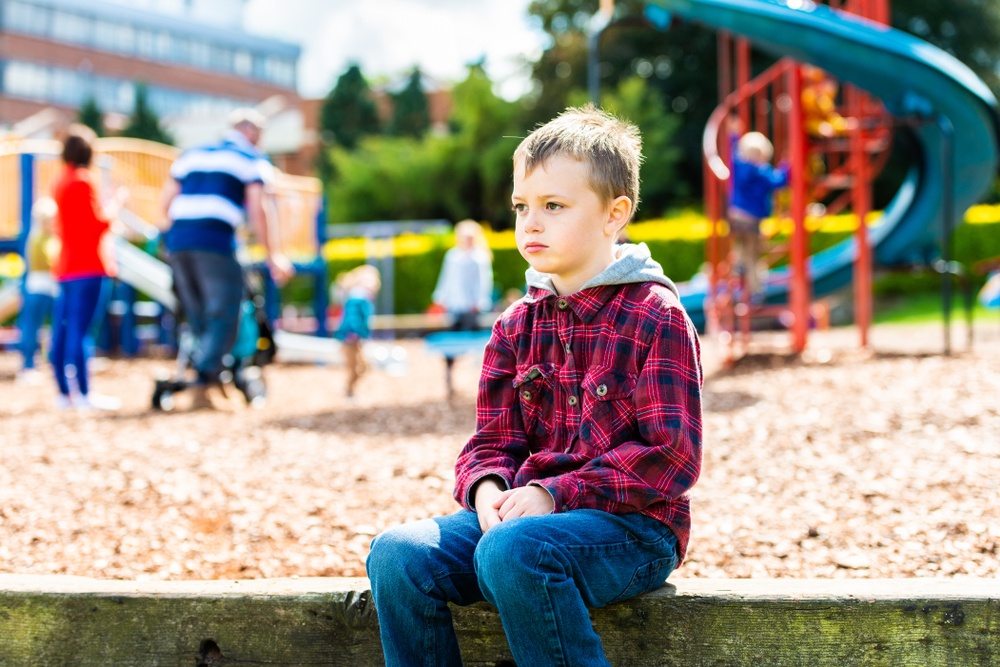
If your childhood environment was chaotic, unpredictable, or unsafe, you might have developed a strong need for control as a way to cope with anxiety and fear, per Psych Central. This can manifest in perfectionism, micromanaging tendencies, or an inability to relax and let go. While a desire for order and structure is healthy, an excessive need for control can lead to stress, burnout, and strained relationships.
9. You have difficulty maintaining healthy relationships.
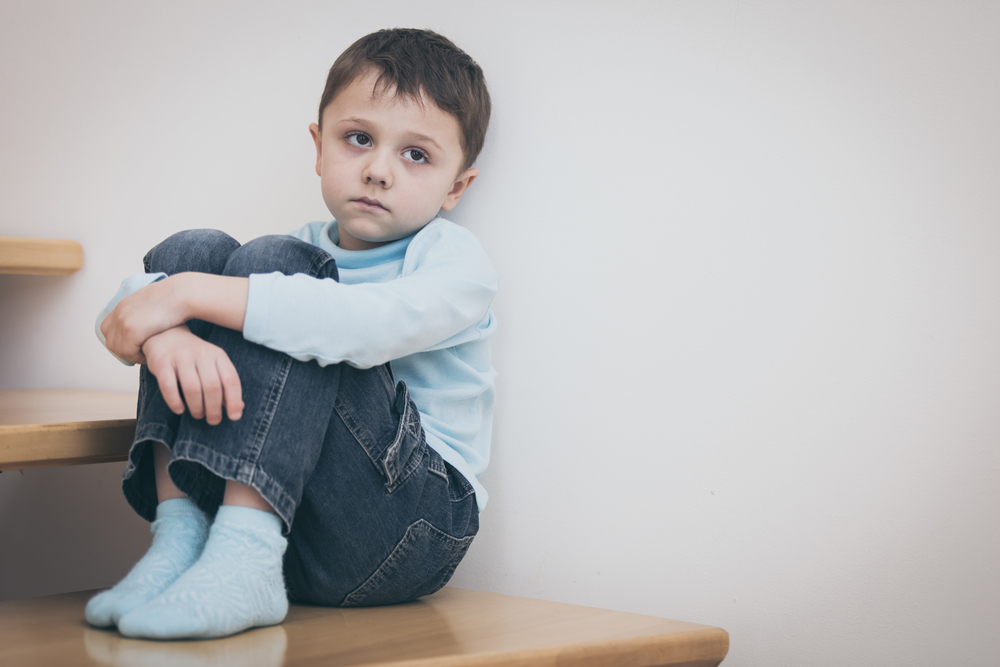
If you find yourself constantly attracting partners who are emotionally unavailable, controlling, or abusive, it might be a sign that you’re subconsciously recreating the unhealthy dynamics you experienced in your childhood. This pattern can be difficult to break, but with self-awareness and possibly professional help, you can learn to choose partners who are healthy and supportive.
10. You have a hard time saying “no.”

If you find yourself constantly overextending yourself to please others or agreeing to things you don’t want to do, it could be rooted in a childhood where your boundaries weren’t respected. You might feel guilty for saying “no” or fear that it will lead to rejection. Learning to assert yourself and set healthy boundaries is crucial for your well-being and can help you avoid feeling overwhelmed and resentful.
11. You’re highly sensitive to criticism or rejection.

If you grew up in a critical or harsh environment, you might be overly sensitive to criticism or rejection in adulthood. Even constructive feedback can feel like a personal attack, triggering feelings of shame and inadequacy. It’s important to remember that not everyone will like or approve of you, and that’s okay. Focus on building your self-esteem and surrounding yourself with supportive people who appreciate you for who you are.
12. You have a tendency to isolate yourself.
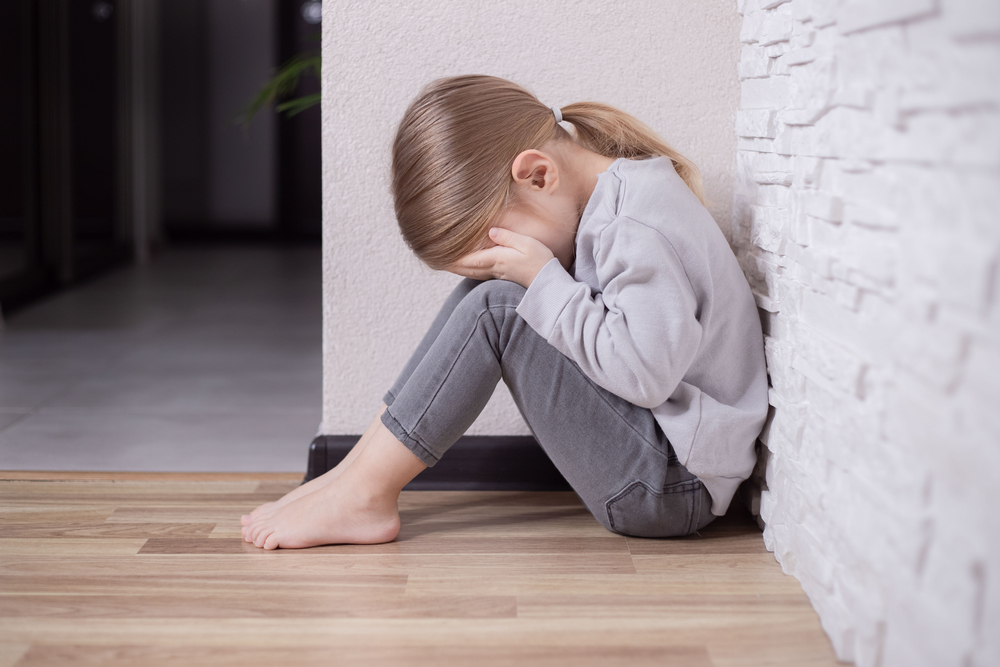
If you experienced neglect or isolation in your childhood, you might have developed a tendency to withdraw from others when you’re feeling stressed or overwhelmed. This can lead to loneliness, depression, and a lack of social support. It’s important to recognize this pattern and reach out to trusted friends or family members for support. Remember, you don’t have to go through difficult times alone.
13. You have difficulty relaxing and enjoying yourself.

If your childhood was filled with stress, anxiety, or trauma, you might have developed a difficulty relaxing and enjoying yourself. You might constantly feel on edge, worried, or overwhelmed. Learning to relax and have fun is an important part of self-care and can help you manage stress and anxiety. Explore activities that bring you joy and peace, such as spending time in nature, listening to music, or practicing mindfulness.
14. You feel like you have to earn love and approval.

If you grew up with conditional love or approval, you might carry that belief into adulthood. You might feel like you have to constantly prove your worth or that you’re only lovable if you meet certain standards, The New York Times explains. This can be a heavy burden to carry and can lead to feelings of inadequacy and self-doubt. Remember, you are worthy of love and acceptance just as you are, without having to earn it.
15. You struggle with addiction or other compulsive behaviors.
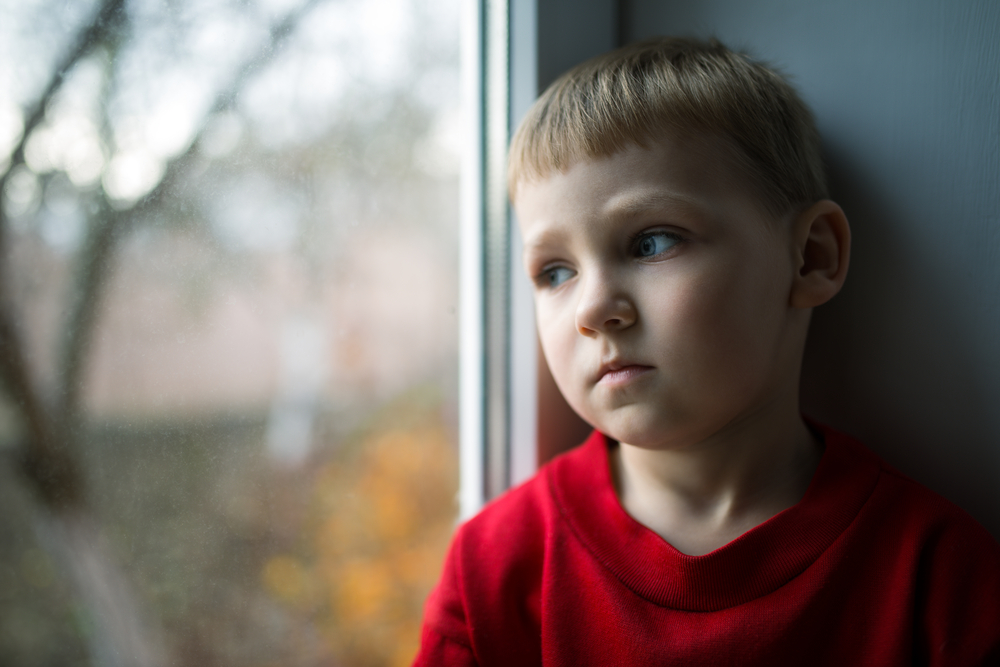
Childhood trauma, neglect, or abuse can increase the risk of developing addiction or other compulsive behaviors as a way to cope with pain and emotional distress. If you find yourself struggling with addiction or other unhealthy coping mechanisms, it’s important to seek professional help. There are many resources available to help you heal from your past and create a healthier, more fulfilling future.
Enjoy this piece? Give it a like and follow PsychLove on MSN for more!



